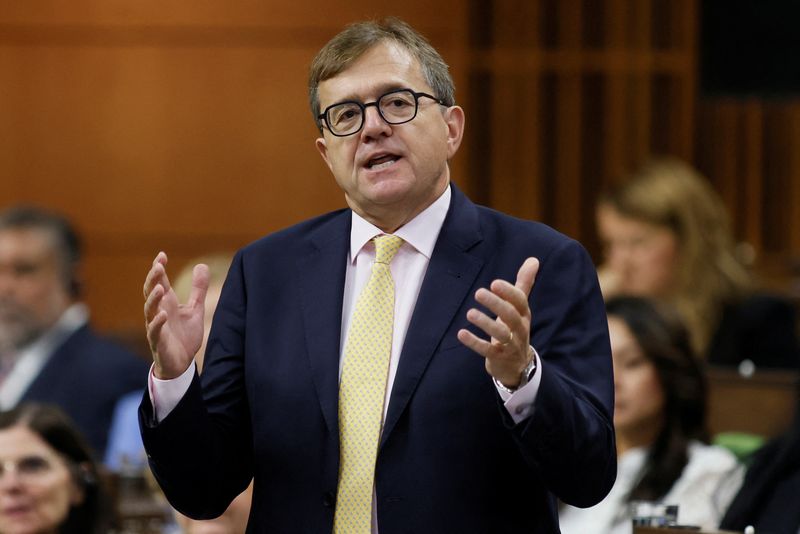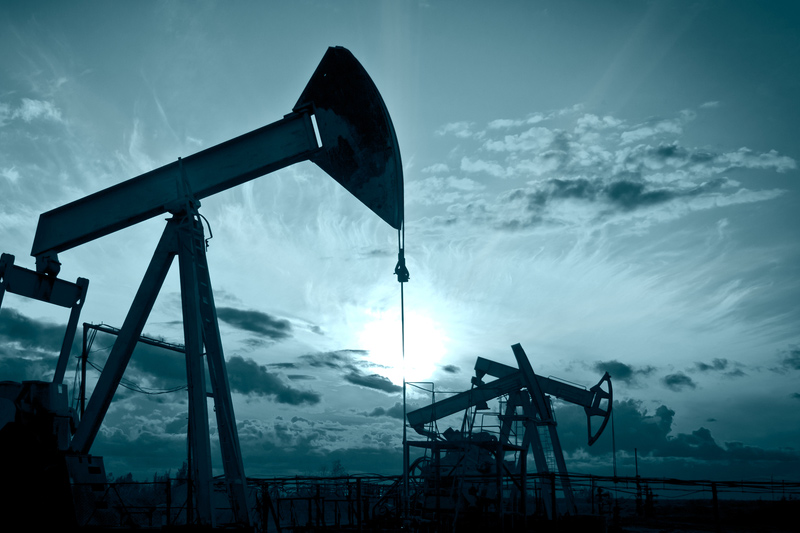By Nia Williams
(Reuters) -Ottawa must ensure the Trump administration understands how interconnected energy markets in the U.S. and Canada are, a Canadian minister said on Thursday, commenting on President-elect Donald Trump’s pledge to impose a 25% tariff to impose on imports from the country.
“We have some work to do to make sure that we effectively articulate the ways in which tariffs would be counterproductive, and that doesn’t just apply to oil,” Natural Resources Secretary Jonathan Wilkinson told Reuters in a telephone interview, adding that Americans also benefited from Canadian uranium and hydropower exports.
Trump, who takes office on Jan. 20, said Monday he would impose a 25% tariff on imports from Canada and Mexico until they control drugs and migrants crossing the border.
Canada is the world’s fourth largest oil producer and the vast majority of crude oil exports go to the United States.
Sources told Reuters that Trump has no plans to exempt crude from the tariffs, even though the US imports about 4 million barrels a day from north of the border and many refineries have been set up in the Midwest to produce the heavy sour crude to exploit Canada’s oil.
Analysts say tariffs on oil from Canada, the largest supplier of crude to the United States, would drive up fuel prices for Americans.
“It’s going to take a lot of time and effort to make sure we’re having the right conversations,” Wilkinson said.

“We still have a few months before the president is inaugurated and I think there is time for some tough conversations between countries who are actually best friends and both of whom have benefited enormously from an economic perspective from the trade that takes place between us, especially on the field of energy. .”
Earlier this year, the expansion of the Trans Mountain pipeline, which runs from Alberta’s oil sands region to Canada’s Pacific coast, increased access to Asian markets, but the pipeline is already about 80% full and has limited capacity to to send more oil that way.


